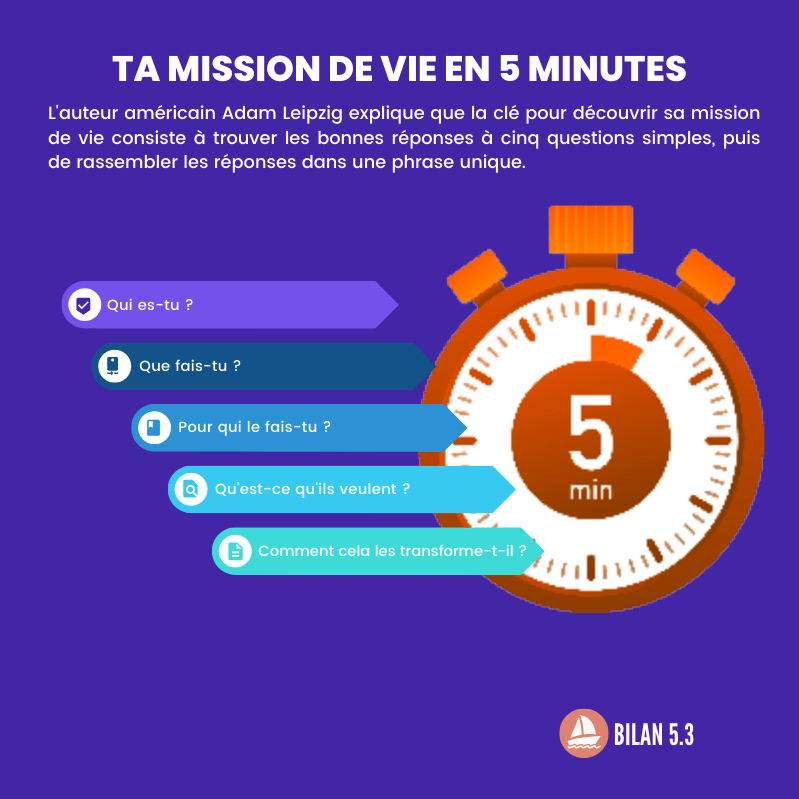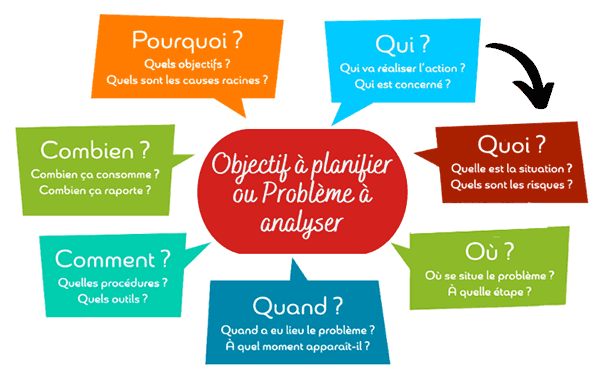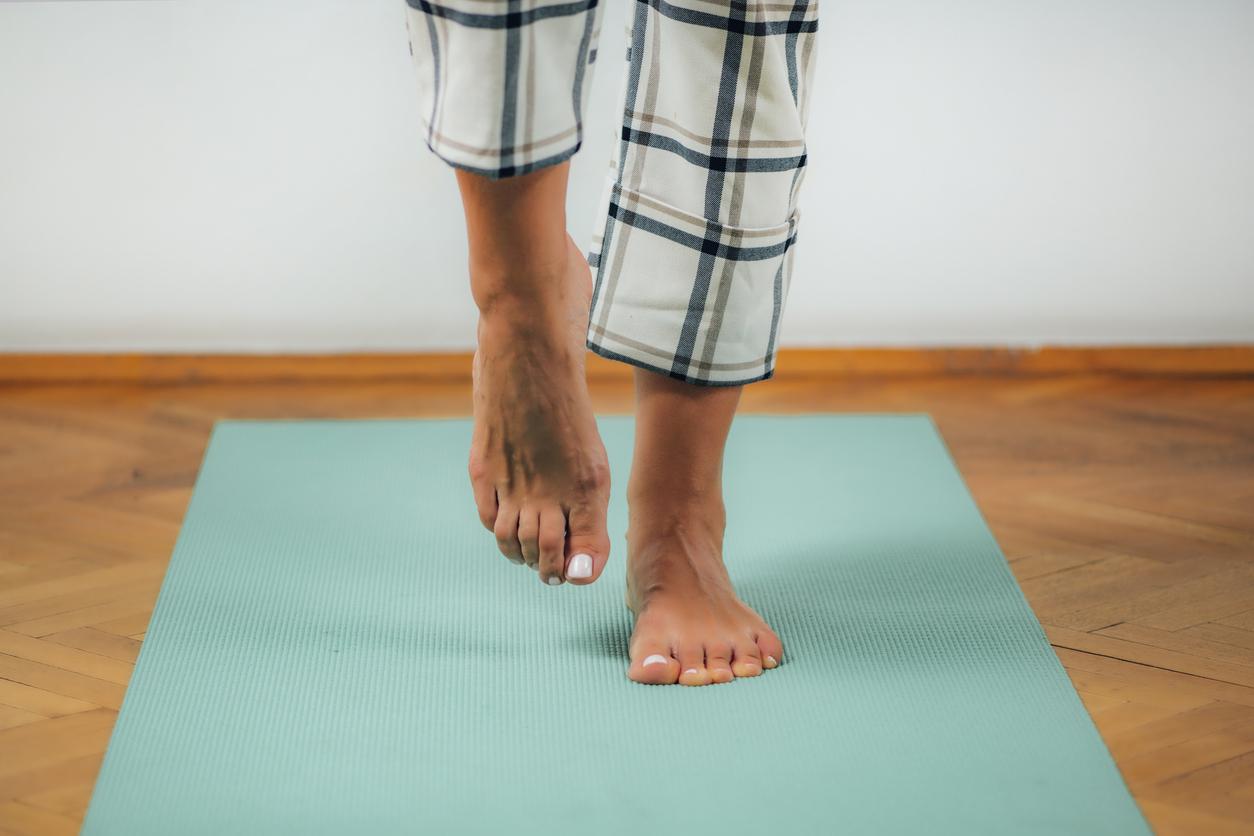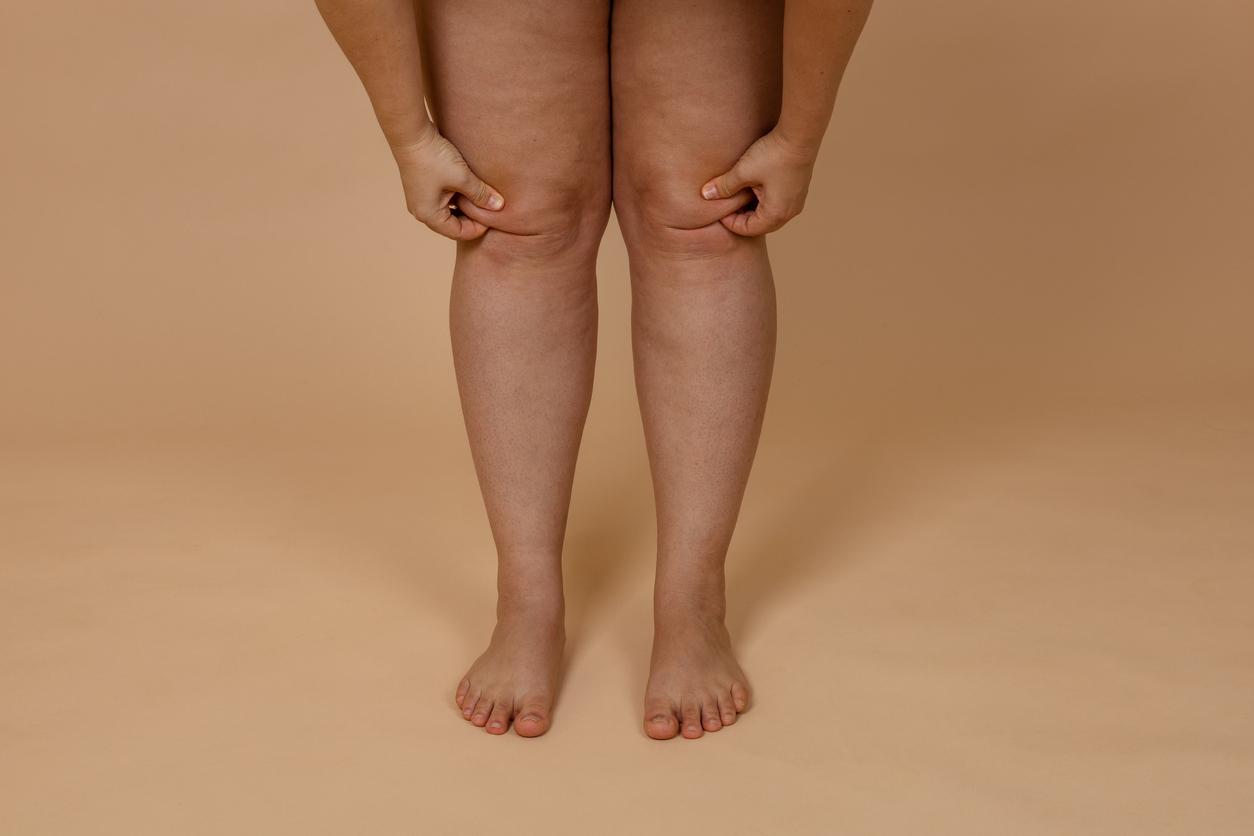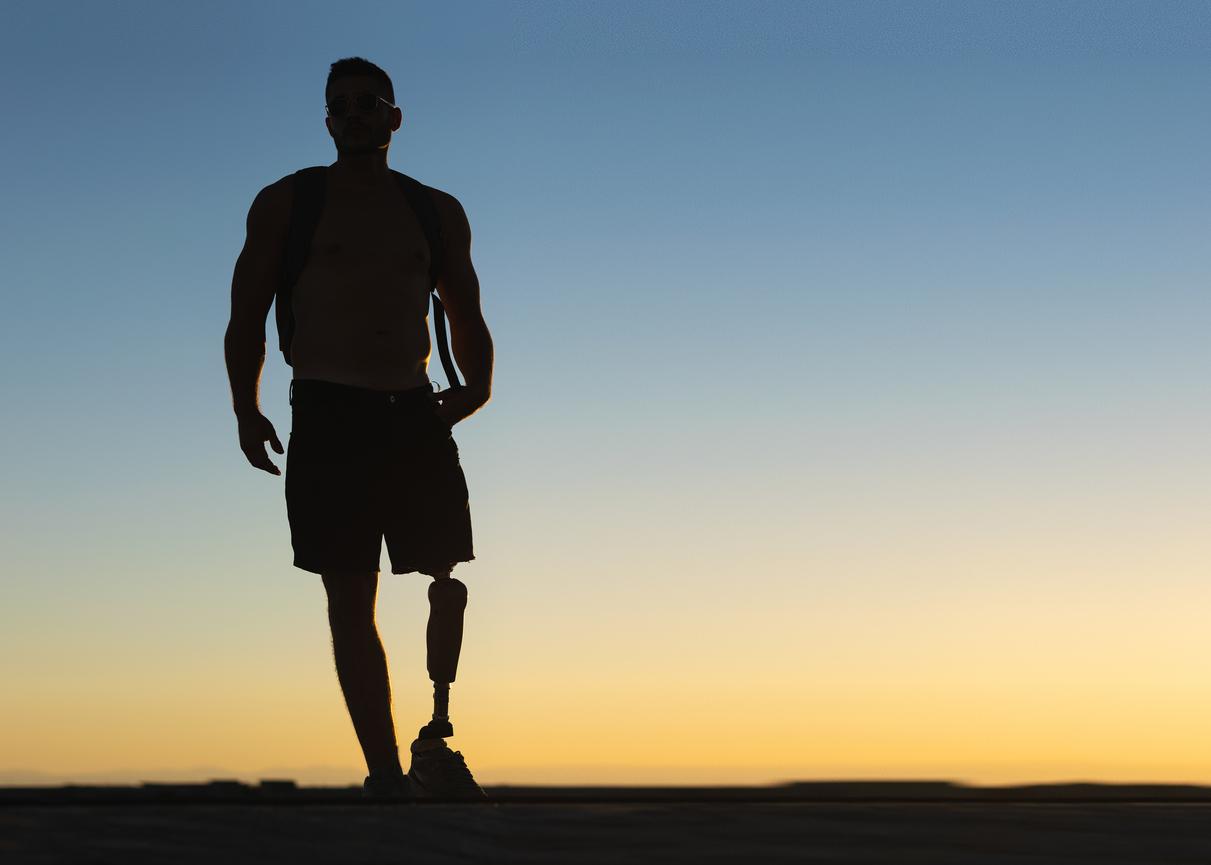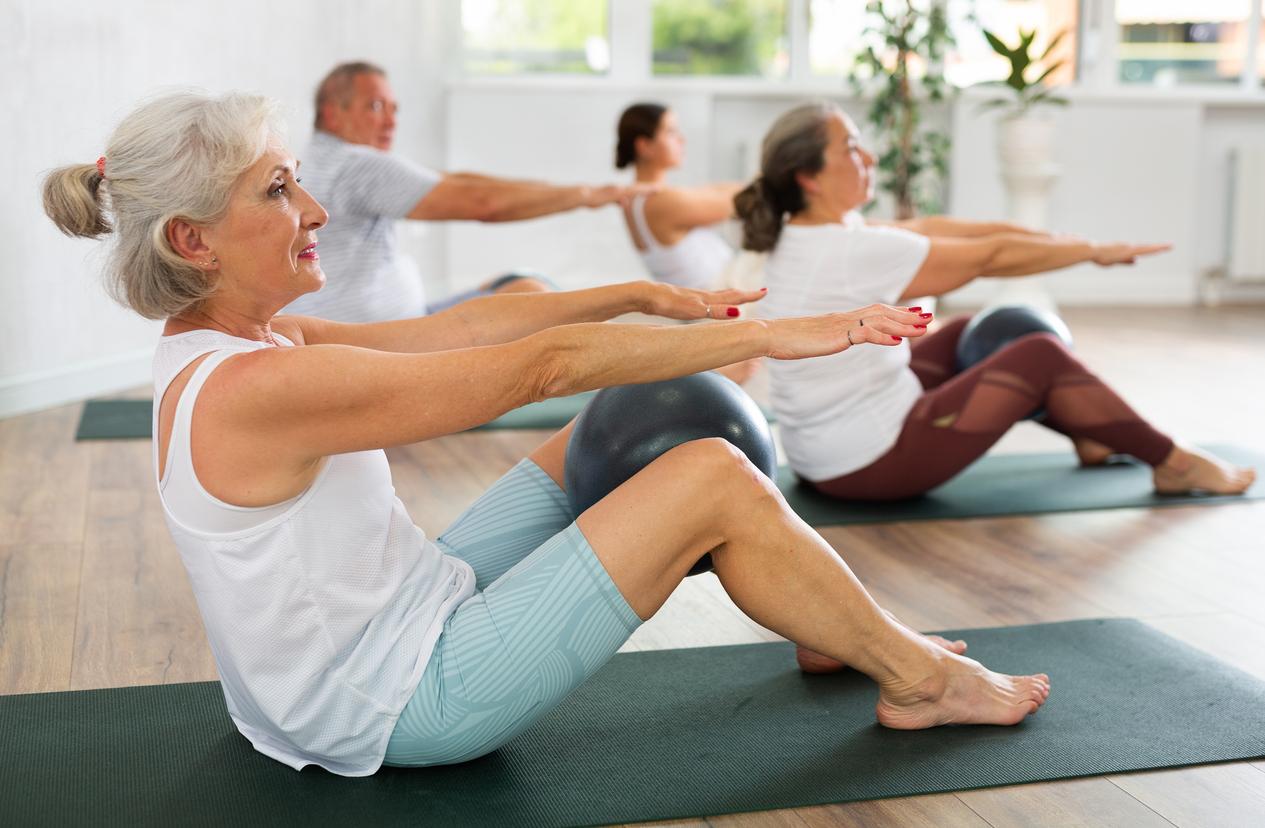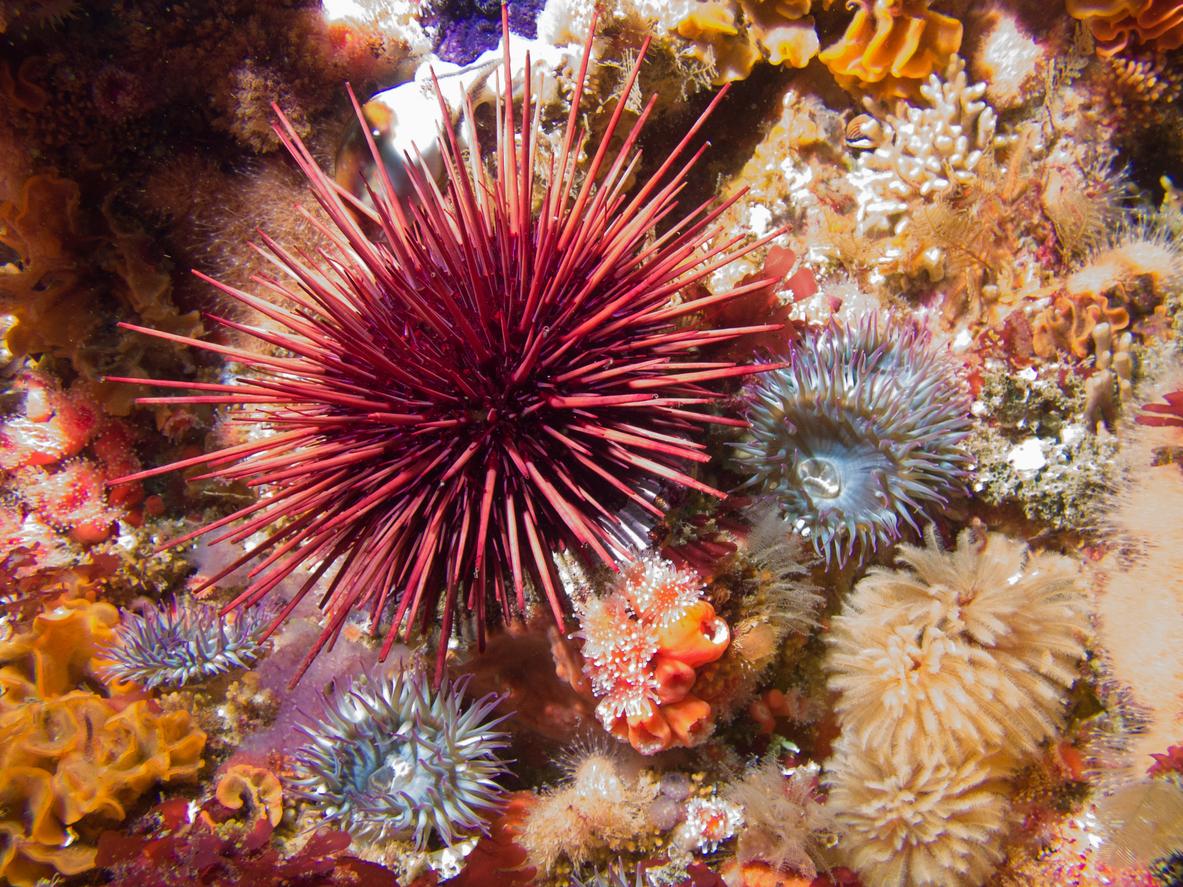“ I dreamed that I would be a Paralympic athlete, I became one “. If there is indeed a message that Alexis Hanquinquant wants to convey is that “ There is no age to dream! “. Even though they may seem unattainable, dreams can be realized when we give ourselves the means to make them come true. It is thanks to this philosophy that the triathlete 37 years old is today for 6e time paratriathlon world champion and is planning for the Paris 2024 Paralympic Games.
Far from being at the start of his success, Alexis Hanquinquant had lifted France to the top of the podium by winning the paratriathlon gold medal during the Tokyo 2020 Paralympic Games.
But the Paralympic events are nothing compared to what Alexis Hanquinquant went through to get where he is. In a few years, he achieved the impossible: victim of a work accident in 2010, at a time when he was a tile mason, Alexis Hanquinquant underwent around thirty operations… before finally having to resolve to the amputation of his right leg. It was then that he chose to invest in swimming, cycling and running to compete in the biggest triathlon championships, and become champion of France and Europe.
He testifies today for Top Health and tells how amputation allowed him to plan a career as a high-level athlete.
“After my amputation, I wanted to make this somewhat crazy dream come true”
Top Santé: You have been paratriathlon world champion 6 times. How do you feel ?
Alexis Hanquinquant: “I feel good, obviously. I am satisfied and aware that we must not trivialize it. It’s hard to reach a high level in sport, but it’s even harder to stay there. So I am very happy, especially since this sixth title has a double flavor, since it qualifies me for the Paralympic Games in Paris next year.”
Top Santé: What do you do on a daily basis to accomplish such feats?
AH: “To reach this level, there is no secret, it’s training and work, between 25 and 30 hours per week. In detail, 25-30 km of swimming, 400-450 km of cycling and around fifty km on foot. I have three weeks off in a whole year (without sport). It’s a period of total blackout. It is important to regenerate the body and mind to recharge the batteries. To get there, you have to get out of this training routine.”
Top Santé: Have you always wanted to pursue a career in sport?
AH: “Yes, I always dreamed of being a top athlete. I missed the boat when I was young and with my accident, I decided to start from scratch. I wanted to make this somewhat crazy dream come true. So I threw myself headlong into the triathlon. I wanted to prove that one less leg wasn’t that important. Triathlon is one of the most demanding, versatile sports that has enormous value attached to nature. I always train outside and every day I have the opportunity to contemplate nature. I am aware of how lucky I am.”
“My first action in the recovery room was to lift the sheet…”
Top Santé: What happened to your leg in 2010? Why did you choose amputation?
AH: “On August 5, 2010, I was a tile mason and I ordered a construction machine. The machine tipped forward, so I stuck my leg out to hold it. The machine crushed my leg. Between 2010 and 2013, I underwent around thirty operations. I was 24 years old and at that age, it was inconceivable to have an amputee. But finally in September 2013, I requested the amputation. I had saved this leg medically, but it was causing me a lot of pain. She had become a burden. My nerves had been crushed, but when they tried to reconnect, it hurt like hell. I could no longer walk barefoot.”
Top Santé: When did you consider a career as a high-level athlete?
AH: “I have always loved sport and I practiced it alongside my job as a tiler. I was American boxing champion (French champion in 2010). Sport already occupied a big part of my life. When I made the decision to have an amputee, I started to plan ahead. I felt like there was a flame just waiting to be lit. Without this amputation, it was impossible for me to imagine a sporting career with my leg which was causing me so much pain. Besides, after the accident, I could only cycle. It was after the amputation, when I had my prosthesis, that I started a real triathlon season.”
Top Santé: You decided to part with your leg in 2013. How did you cope afterwards?
AH: “Amputation had become obvious. Besides, my first action in the recovery room was to lift the sheet. And I wasn’t shocked for a single second. On the contrary, I was relieved to see that leg gone.”
“Life is beautiful and tragic at the same time”
Top Health : What gave you the strength to fight for your dreams?
AH: It’s part of my character. I never wavered. I always wanted to move forward and not dwell on the past. Yes, I’ve been through hell and I wouldn’t wish it on anyone. But the man I am today, in view of what happened to me, is exceptional and I am happy about it. I know that life can change in a split second, so you have to embrace it to the fullest.
Top Santé: What would you like to say to people who have seen their lives turned upside down by an accident?
AH: “Quite simply that in life everything is possible. I dreamed that I would be a Paralympic athlete, I became one. Life is beautiful and tragic at the same time. But either way, we have to get moving. You can blame the whole world, it won’t move you forward. Turning your back on people will only bring you sadness. You have to know how to surround yourself with loved ones to bounce back. Accept the condition we are in. Of course, it’s not always easy, but if you are good in your head, you will be good in your body. And above all, tell yourself that there is no age to dream. If you ever have the pleasure of making a dream come true, you will see that it is an exceptional feeling. I dreamed that I won Tokyo at a time when it seemed impossible. I worked, I aspired…. And when I made it happen, it was just magical.”
In view of the Paris 2024 Olympic and Paralympic Games which will be held next summer Alexis Hanquinquant is a partner of the Oral-B brand and takes the opportunity to remind people of the importance of good oral health in the world of high-level sport.



